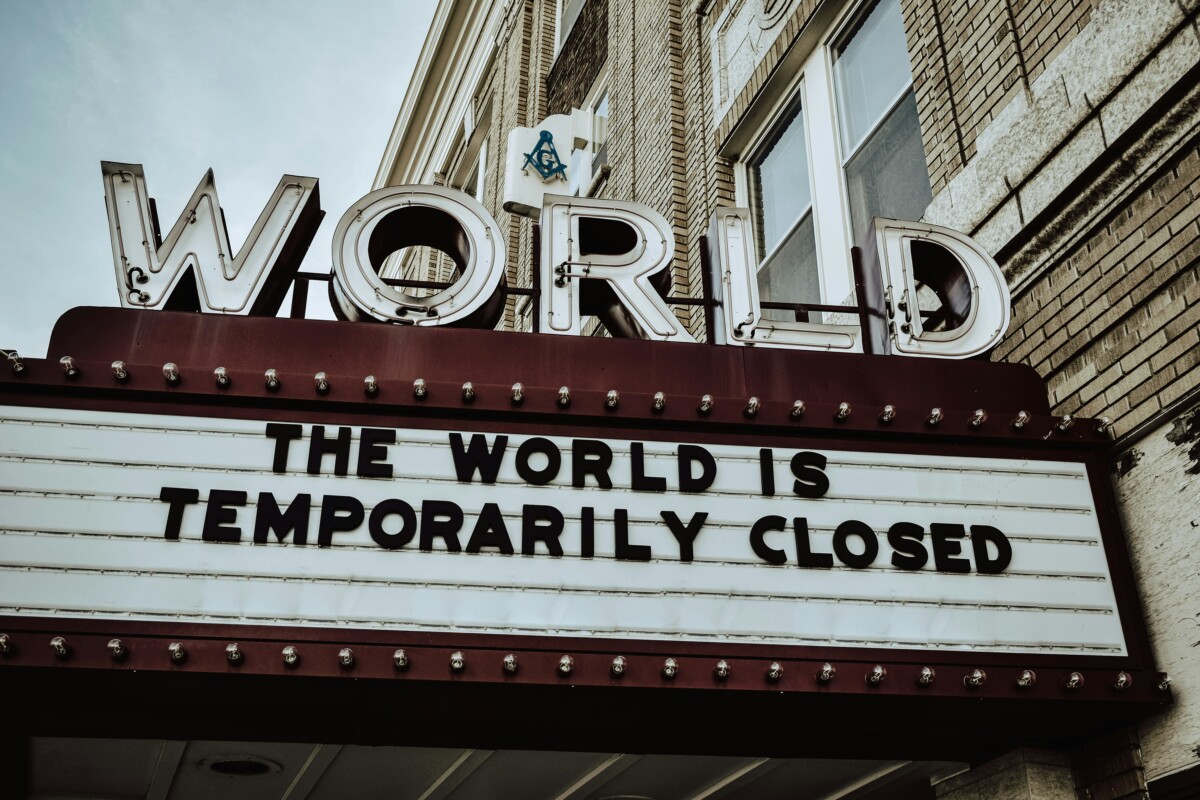Fighting Greenwashing with Radical Transparency: A Pragmatic Approach
Listen to the full podcast episode on YouTube, Spotify, and Apple Podcasts.
The Rise of Greenwashing in a Post-Pandemic World
Greenwashing is not new—it dates back to the 1960s and ‘70s—but its scale has exploded in recent years. “Post-COVID, the stakes have risen,” John explained.
“Consumers are more attuned to environmental claims, and the pressure on businesses to demonstrate sustainability credentials has intensified. This has created fertile ground for greenwashing.”
John outlined three categories of greenwashing: accidental, purposeful, and those in the grey area. “Accidental greenwashing is the easiest to address—it’s usually a result of poor communication or a lack of knowledge,” he said. “Purposeful greenwashing, on the other hand, requires tougher interventions, including regulatory oversight and public accountability.”

Transparency: The Antidote to Greenwashing
John’s solution to greenwashing is radical transparency, a practice that demands companies openly disclose both their successes and their shortcomings. “Perfection is not what people want,” he argued.
“What builds trust is honesty. Admit your mistakes, share your learnings, and be clear about your limitations.”
He cited a compelling example from the 2017 Oscars, where PricewaterhouseCoopers mistakenly announced the wrong Best Picture winner. “They owned up to it immediately, explained what went wrong, and showed how they’d fix it. That’s the kind of radical transparency companies need to embrace in their sustainability efforts.”
The Role of Legal Teams in Hindering Progress
One of the biggest barriers to transparency, John noted, is internal resistance—often driven by legal concerns. “Legal teams are so worried about the potential fallout from admitting to shortcomings that they shut down communications altogether,” he explained.
“But saying nothing only fuels suspicion. Companies need to learn how to balance transparency with caution.”
John urged organisations to resist the temptation to over-polish their sustainability messaging. “People can see through inauthentic claims,” he said. “The key is to communicate with humility and clarity, even if your efforts aren’t perfect.”
Pragmatic Solutions from the Developing World
John’s work in developing economies like China, India, and Vietnam has shaped his approach to tackling greenwashing. “In these regions, sustainability is not theoretical—it’s about solving immediate problems, like air pollution or water scarcity,” he said.
This hands-on perspective has driven John’s belief in simplifying complex issues.
“We don’t need more debates or glossy reports. What we need are actionable steps that can be implemented today.”
For example, John highlighted factories that have adopted incremental measures, such as installing more efficient water filtration systems. “It’s not headline-grabbing, but it’s real progress,” he emphasised. “Transparency about these small wins is just as important as sharing long-term goals.”

A Vision for Corporate Accountability
John’s ultimate vision for combating greenwashing is a world where transparency becomes the norm. He believes this shift requires not only regulatory pressure but also consumer demand. “If we reward honesty and penalise deception, the market will correct itself,” he explained.
He envisions a future where companies regularly disclose their progress with the same rigour they apply to financial reporting.
“We need sustainability reports that go beyond green-tinted PR to provide real, verifiable data. This is how we rebuild trust.”
Radical Transparency as a Competitive Advantage
While many companies fear transparency, John sees it as a competitive edge. “Admitting where you are and where you’re going shows that you’re serious about progress,” he said.
“Consumers, investors, and employees value that authenticity.”
John’s approach to fighting greenwashing is pragmatic and achievable. By championing radical transparency, he offers a path forward for companies that want to rebuild trust while driving meaningful sustainability progress. As he put it: “The truth, even when it’s messy, is always more powerful than a polished lie.”
Sponsored by...
truMRK: Communications You Can Trust
👉 Learn how truMRK helps organisations strengthen the credibility of their communications.
Want to be a guest on our show?
Contact Us.
The Responsible Edge Podcast
Queensgate House
48 Queen Street
Exeter
Devon
EX4 3SR
Recognition.
Join 2,500+ professionals.
Exploring how to build trust, lead responsibly, and grow with integrity. Get the latest episodes and exclusive insights direct to your inbox.
© 2026. The Responsible Edge Podcast. All rights reserved.
The Responsible Edge Podcast® is a registered trademark.
Sponsored by truMRK
© 2026. The Responsible Edge Podcast











